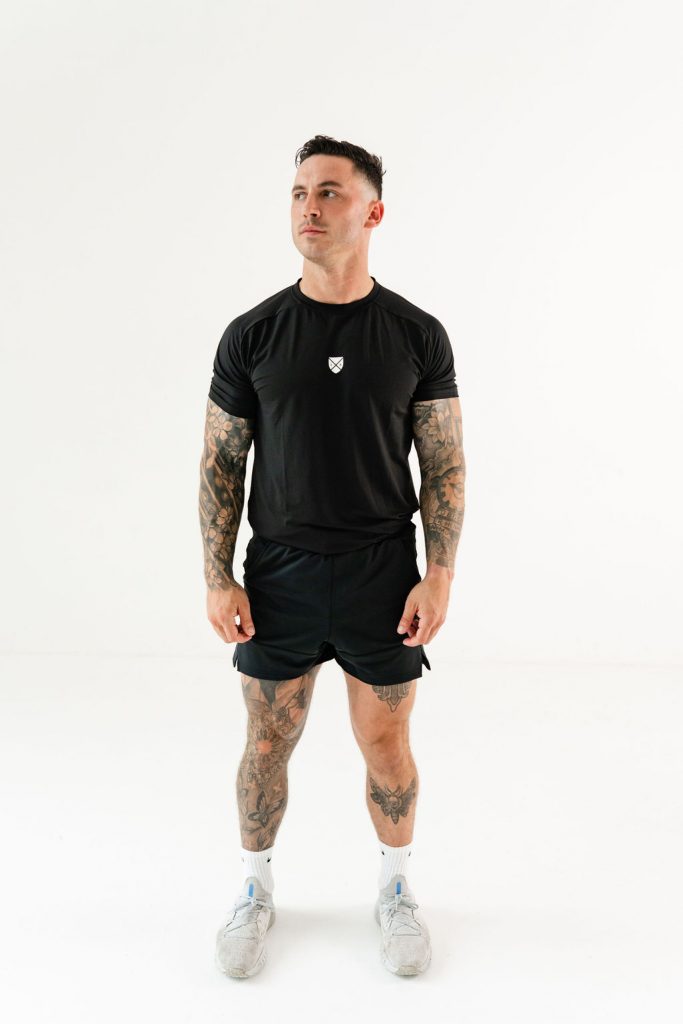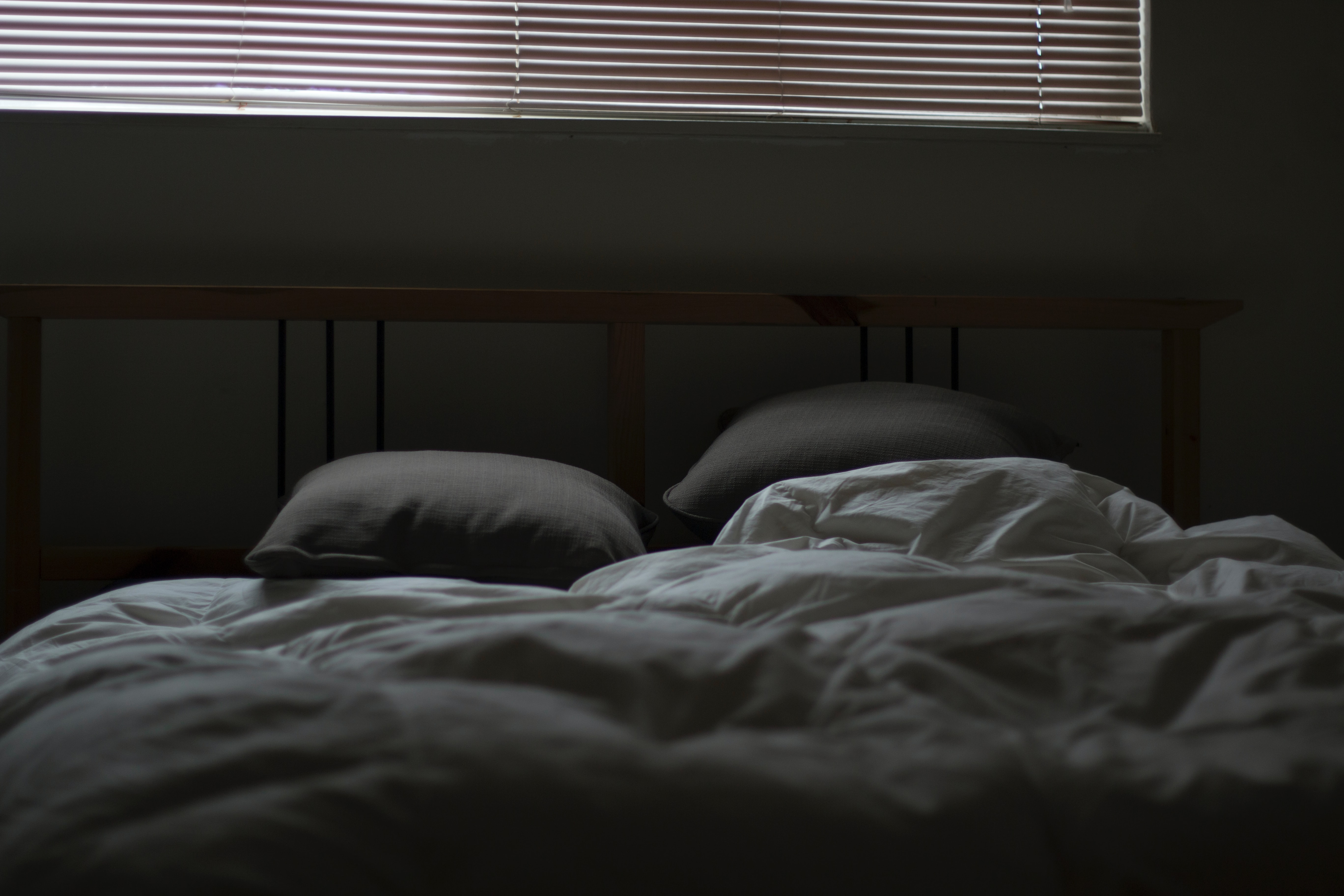Intro
Nothing is more disastrous to sporting performance than an injury.
Not only does it kill your momentum while you take time off, but more intense injuries can also put you out for months – and you might not be back to peak performance for years. Obviously, then, you want to avoid them wherever possible.
Today’s study pays attention to where injury increases but is often overlooked: sleep deficiency. We’re going to be looking at how sleep and injury interact, and why getting your 8 hours isn’t just cliched advice.
Quick Background
Injuries in athletes are common – and anyone who remains active and exercises regularly does put themselves at some risk for injury. Bodies aren’t perfect, and we all encounter risk over time – life stresses the body.
In athletes, these risks are both more important and – often – more common. The high demand we put on our bodies through training and competition push what our bodies can do, and that often results in exceeding the limits of what is safe in the name of competition.
It’s crucial to remember that injuries aren’t always the result of blowing out a knee during a tackle. Many of them build up over time as joints and tendons are degraded, leaving them vulnerable – they rarely fail all at once until this process reaches a threshold point.
This is the key: most injuries develop in response to chronic over-training and/or under-recovery.
The Study: Overview
Research on the relationship between sleep and injury risk is growing over time – because we know that chronic sleep deprivation harms your recovery – but it also seems to increase injury risk.
However, what is unclear is how closely the two are tied and how much sleep you can lose before you start seeing the real-world effects of this kind of recovery change. Today’s review piece is a meta-analysis by Gao et al that looked at the association between sleep deprivation and injury risks.
You probably aren’t an adolescent if you’re reading this, but what matters is how the body works. We know associations between these two factors exist at all ages, but what we need to focus on is how they work – and what we can do to reduce those risks!
Obviously, as a meta-analysis, this provides a great form of evidence: it doesn’t just look at a single study, but what is common across 7 major pieces of research on the topic. This means covering a more representative sample and giving us the big picture on the scientific evidence.
This review focuses primarily on the risks associated with adolescent athletes, which is important, but individual studies also noted that risk-association increased as age increased. The mechanisms for injury are more varied in younger athletes, but the association between sleep deprivation and injury seems to be persistent across age groups.
The Evidence: What Do You Need to Know?
Sleep Deprivation and Loss Increase Injury Risk
This is what you’re here to learn: across 7 studies, sleep deprivation was associated with increased injury risk.
5 of the 7 studies reviewed showed that chronic (repeated, long-term) sleep deprivation was a major factor in the development of a sporting injury. The other 2 studies covered acute (short-term) sleep loss – 1 of which showed increased risk of injury, while the other showed insignificant correlation.
This tells us that there are significant interactions between your sleep habits – the things that make up your chronic sleep profile – and injury risk. There are 2 major problems we can also look at to get a better picture of the way that these studies discuss sleep, and how it works in the real world: self-reporting and optimal sleep.
The review we’re looking at today doesn’t dive into the mechanisms that cause these associations, however. Other research has already shown that there are numerous problems associated with reduced sleep that are also significant factors in injury risk:
- Reduced muscle protein turnover
- Reduced collagen synthesis and repair of connective tissues
- Poor mental performance during difficult tasks
- Reduced joint control and coordination
- Reduced power output and (thus) muscle-reactivity
- Reduced energy levels and behavioural change
This study doesn’t talk about these specifics – but it does show that, by some combination of them – sleep is an early factor in your sport and exercise injury risk!
Zooming Out: What Does it All Mean?
The research review is a simple one – it shows the association of chronic sleep habits with injury risk, and it tells us they’re correlated.
So, what can we take from the study and use in daily life to perform, and feel, better?
Sleep Matters
This is the obvious take-home message: you need to put more thought into sleep.
It’s easy to worry about your stretching and mobility and strength – all of which are important – but sleep isn’t glamorous. It’s also hard to fit into a busy life, which most of us have nowadays.
Prioritising sleep is important precisely because it’s so easy to miss out on and it’s so clearly associated with your injury risk. An extra hour a night isn’t only going to improve your hormonal wellbeing and mental performance but reduce the risk of major injury – and time out of training.
Today’s study shows us that your risk of injury starts in your simple recovery habits before you’ve even touched a weight or laced up your shoes. This should be major motivation to pay more attention to your sleep habits – and be real with yourself about if you’re doing what it takes to get the most out of your training!
Self-Reporting
Studies on sleep have to deal with the challenge that self-reporting is unclear and often inaccurate. Athletes are known to regularly self-report the wrong numbers: self-report surveys often have athletes claiming to get 7-8 hours a night, while their lab tests only show them sleeping 6-7 hours a night.
You will have to keep this in mind when looking at studies on sleep. It’s hard to measure your won sleep because you’re deliberately not paying attention to the time, and external monitoring devices like watches aren’t always accurate.
It’s clear that we can over-estimate sleep by 30-60 minutes easily, so you may want to give yourself the extra time as a buffer when you’re organising your sleep. 8 hours might easily turn into 7 if you’re keeping your phone nearby in bed, or if you take a while to actually get to sleep.
Your brain is shutting down, and you can’t accurately gauge the passage of time, so it’s clearly better to err on the side of caution and give yourself more than 8 hours. Even if it’s just 15 minutes, the grace period will help your sleep quality!
Optimal Sleep
Another issue with the research around sleep is that many studies use 7 or 8 hours as their threshold. Sleeping under 7 hours is often used to determine whether someone is sleep deprived or experiencing sleep loss, but we also know that 7 hours is still not enough, especially for an athlete.
Recent research has shown that dropping from 8 hours of sleep to 7 has significant negative effects. So, when we look at injury risk, it doesn’t make sense to use 7 hours as the threshold for change – we already know that’s probably not enough, especially during intense training phases.
Studies comparing athletes sleeping above and below this 7 hour mark are often comparing individuals who are both sleeping less than the recommended amount for athletes. The fact that it already shows significant decline in 6- vs 7-hour sleepers suggests that people getting optimal sleep (around 9 hours a night) are even better situated to avoid risks.
Don’t put in the bare minimum: we know 6-7 hours isn’t enough, and that 9-hour sleep could be an even bigger benefit for your recovery. The science isn’t clear yet, but so far, we know that more sleep is better for joint health.
Enjoyed this article? Give it a share on social media!
Follow us on Instagram for more content like this
P.S You can buy any 3 items from our new range for £50 (saving you £25), We ship globally too.
Use code “RVSA50” to apply the discount.

